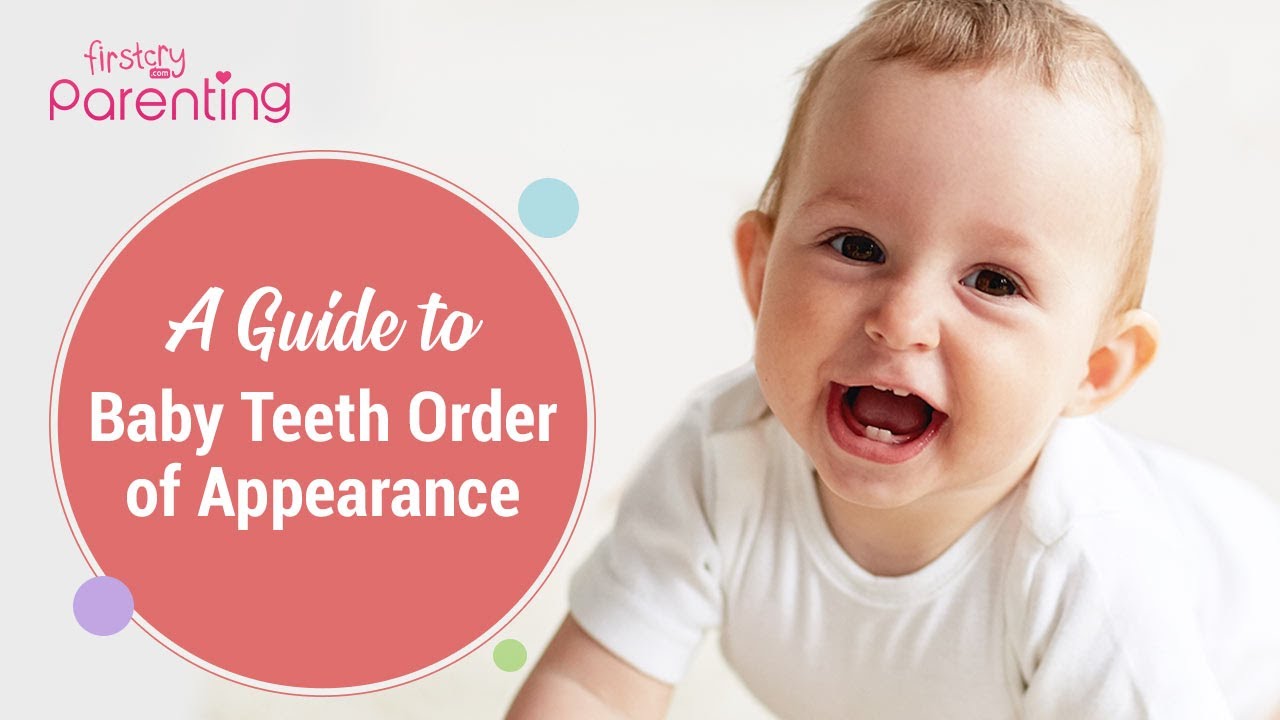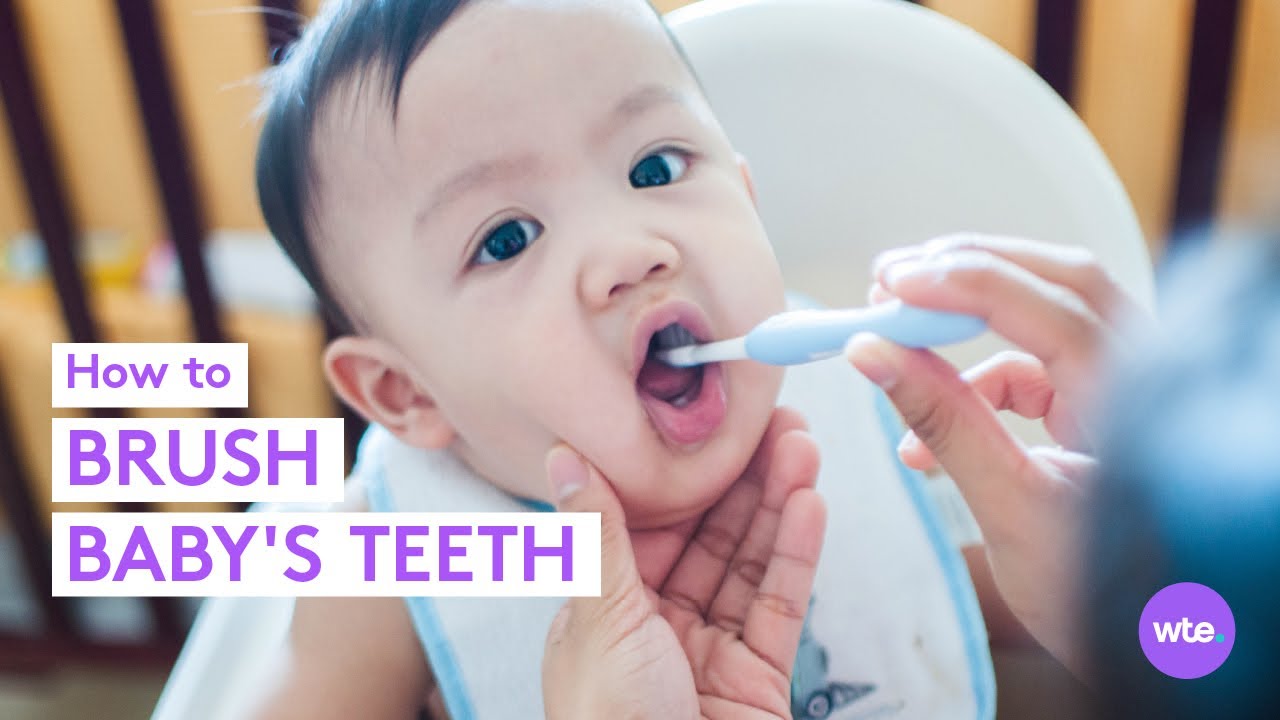The Ultimate Guide to Baby Teeth
Introduction
Baby teeth, also known as deciduous or primary teeth, play a crucial role in a child’s overall development. Far beyond their temporary appearance, these tiny teeth pave the way for a lifetime of healthy oral habits. In this ultimate guide, we’ll delve into the intricacies of baby teeth, offering insights into their growth, care, and common challenges parents face.

When Do Baby Teeth Start Coming In?
One of the first milestones in a baby’s life is the emergence of their first teeth. Typically, this occurs around six months of age, though variations exist. Early teething can begin as early as three months, while some babies may not sprout their first tooth until their first birthday.
Understanding the Teething Process
Teething, while a natural process, can be challenging for both infants and parents. Recognizing the signs and symptoms is crucial in providing comfort. Common indicators include excessive drooling, irritability, and a strong urge to chew on objects. Understanding these cues can make the teething journey smoother for everyone involved.
Proper Oral Care for Baby Teeth
Ensuring proper oral care from the start sets the foundation for a lifetime of healthy smiles. Choosing the right toothbrush and introducing toothpaste at the appropriate age are key components of this regimen. Opt for soft-bristled brushes and fluoride-free toothpaste until your child is old enough to spit it out.
Teething Remedies for Comfort
While teething is a natural process, providing comfort to your little one is essential. Chilled teething rings and, at times, teething gels can offer relief. However, it’s crucial to consult with your pediatrician before using any teething remedies.
Baby’s First Dental Visit
Early dental checkups are instrumental in maintaining optimal oral health. Find a pediatric dentist who specializes in treating infants and young children. These professionals create a positive and comfortable environment, ensuring a positive first experience for your child.
When and How Baby Teeth Fall Out
Understanding the natural progression of tooth loss is essential for parents. Baby teeth typically start falling out around the age of six, making way for permanent teeth. The process continues until the age of twelve or thirteen, marking the completion of the baby-to-adult tooth transition.
Dealing with Teething Challenges
Teething isn’t without its challenges. Sleep disturbances and increased fussiness are common. Implementing soothing techniques, such as gentle massages and cool teething toys, can help alleviate discomfort.
Importance of a Balanced Diet
A balanced diet is integral to promoting healthy teeth. Introduce foods rich in calcium, phosphorus, and vitamin D to support your child’s dental development. Limit sugary treats and beverages, as they can contribute to tooth decay.
Myths and Facts about Baby Teeth
Dispelling common misconceptions about baby teeth is vital. From the idea that baby teeth don’t matter to the belief that teething causes fever, understanding the facts ensures informed parenting.

Encouraging Good Oral Hygiene Habits
Make brushing a fun and engaging activity for your child. Use age-appropriate toothpaste flavors and involve them in the process. Limit sugary treats and emphasize the importance of regular brushing to instill lifelong oral hygiene habits.
Dental Emergencies for Baby Teeth
Accidents happen, and being prepared for dental emergencies is crucial. Whether it’s a chipped tooth or a more severe injury, knowing what to do at the moment can make a significant difference in the outcome.
Transition to Permanent Teeth
As your child grows, so does their dental development. Understanding key milestones in the transition to permanent teeth ensures proactive care and timely orthodontic assessments if needed.
FAQs about Baby Teeth
- When should I start brushing my baby’s teeth?
- Begin gentle brushing as soon as the first tooth appears, using a soft-bristled brush.
- Do baby teeth really matter since they eventually fall out?
- Yes, baby teeth play a vital role in speech development, proper nutrition, and guiding permanent teeth.

- How often should my child visit the dentist?
- Schedule a dental checkup every six months, starting from the eruption of the first tooth.
- Can teething cause a fever?
- Contrary to popular belief, teething does not cause fever. If your child has a fever, consult a healthcare professional.
- What should I do if my child knocks out a baby tooth prematurely?
- Contact your dentist immediately; they’ll provide guidance based on the specific situation.
Conclusion
Navigating the journey of baby teeth is an integral part of parenthood. By understanding the teething process, implementing proper oral care, and addressing challenges proactively, parents can ensure their child’s dental health sets the stage for a lifetime of confident smiles.

